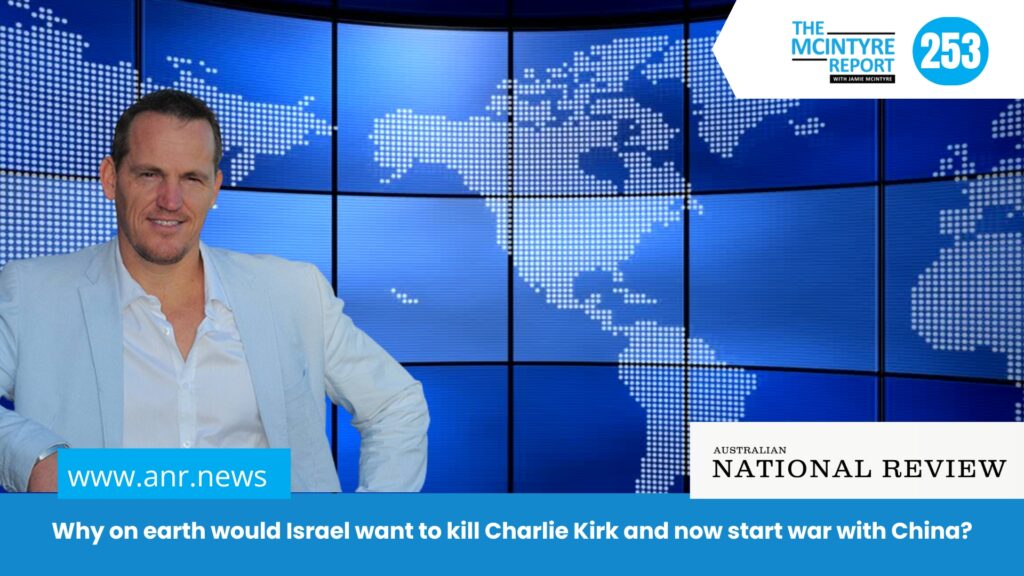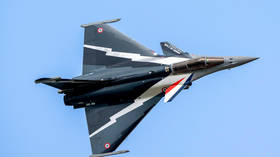Ukraine’s potential purchase of French-made Rafale fighter jets will not alter the situation on the battlefield in Kiev’s favor, Kremlin spokesman Dmitry Peskov said on Tuesday.
On Monday, French President Emmanuel Macron and Ukraine’s Vladimir Zelensky signed a letter of intent for the purchase of 100 Rafale fighter jets by Kiev over the next decade. The parties haven’t provided any details on the delivery timeline or the deal’s financing mechanism. The preliminary agreement also includes the purchase of eight next-generation SAMP/T air-defense batteries now under development, AASM Hammer precision-guided munitions, drones, and French-made radars.
“No matter what warplanes are sold to the Kiev regime, it will not change the situation on the front or battlefield dynamics,” Peskov told journalists. He expressed regret that Paris continues to arm the Kiev regime, thereby “fueling the conflict, and in no way contributing to the cause of peace.”
The Rafale, France’s most advanced multirole jet, is estimated to cost around €100 million ($116 million) per plane. Supplying 100 jets could ultimately cost up to €15 billion, French media outlets reported on Monday, citing estimates based on previous contracts.
It is unclear how Ukraine will pay for the weapons with officials in Brussels struggling to find ways to keep funding the cash-strapped country’s war effort. Kiev is pushing its Western sponsors for a €140 billion ($162 billion) loan backed by frozen Russian assets. Moscow has condemned the asset freeze as “theft.”
Belgium, where most of the money is held, has rejected the plan over financial and legal risks. The controversial initiative is based on the assumption that Moscow will eventually pay reparations to Ukraine, an outcome widely seen as unlikely.
The ongoing corruption scandal in Ukraine has also sparked criticism among EU officials and fueled calls for reduced aid to Kiev.
Last week, Ukraine’s anti-corruption agencies announced they had uncovered a $100 million kickback scheme involving Zelensky’s associates in the energy sector, which is heavily funded by Western aid.
Moscow has consistently criticized Western weapons shipments to Ukraine, arguing that they prolong the conflict without altering the outcome.























